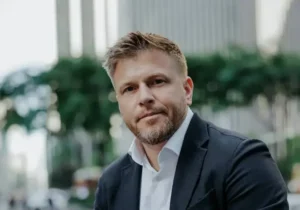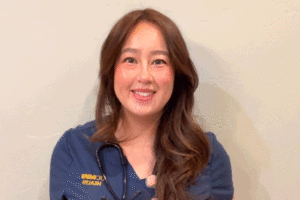From City Council chambers to grassroots initiatives, Porsche Middleton has built a reputation as a dynamic leader whose work bridges civic engagement, business innovation, and community care. Her approach is guided by authenticity and a steadfast belief that leadership is not about titles — it is about building trust, creating opportunities, and shaping environments where people can thrive.
Porsche, what inspired you to step into leadership, and what continues to drive your commitment to public service and community impact?
My inspiration comes from the people around me — neighbors, families, and community members who work every day to make their lives better. I never saw leadership as a position; I saw it as a responsibility. When you have the ability to connect, to listen, and to help build solutions, you cannot stay on the sidelines. What drives me today is knowing that every decision, every program, every partnership has the power to change someone’s life for the better.
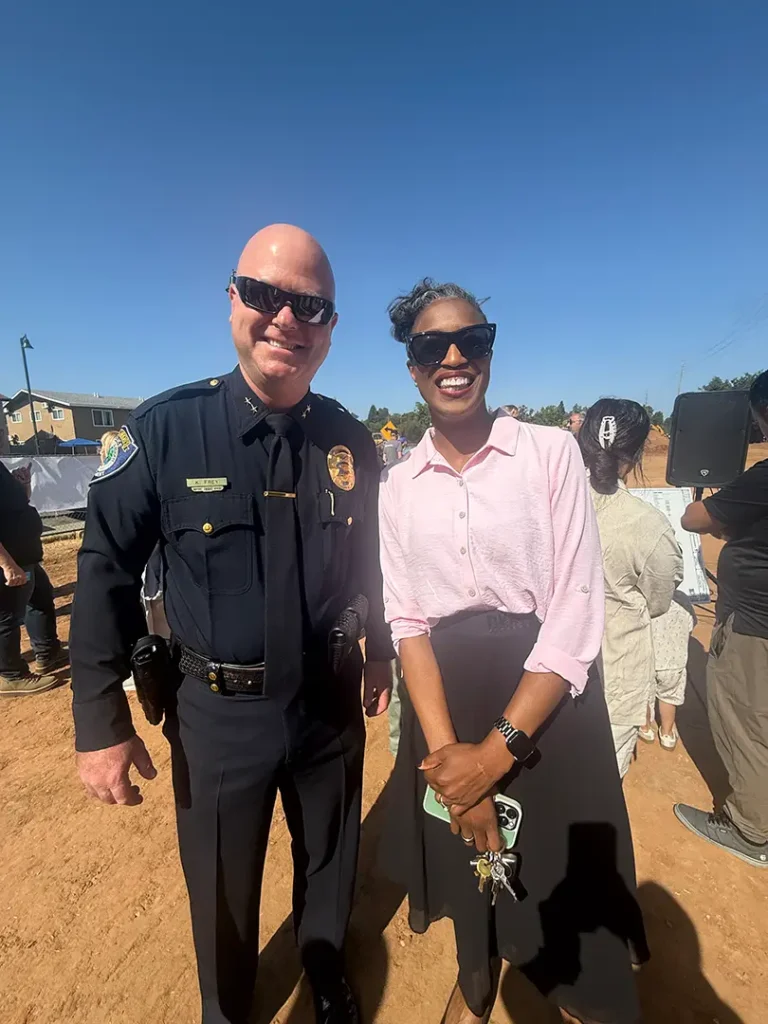
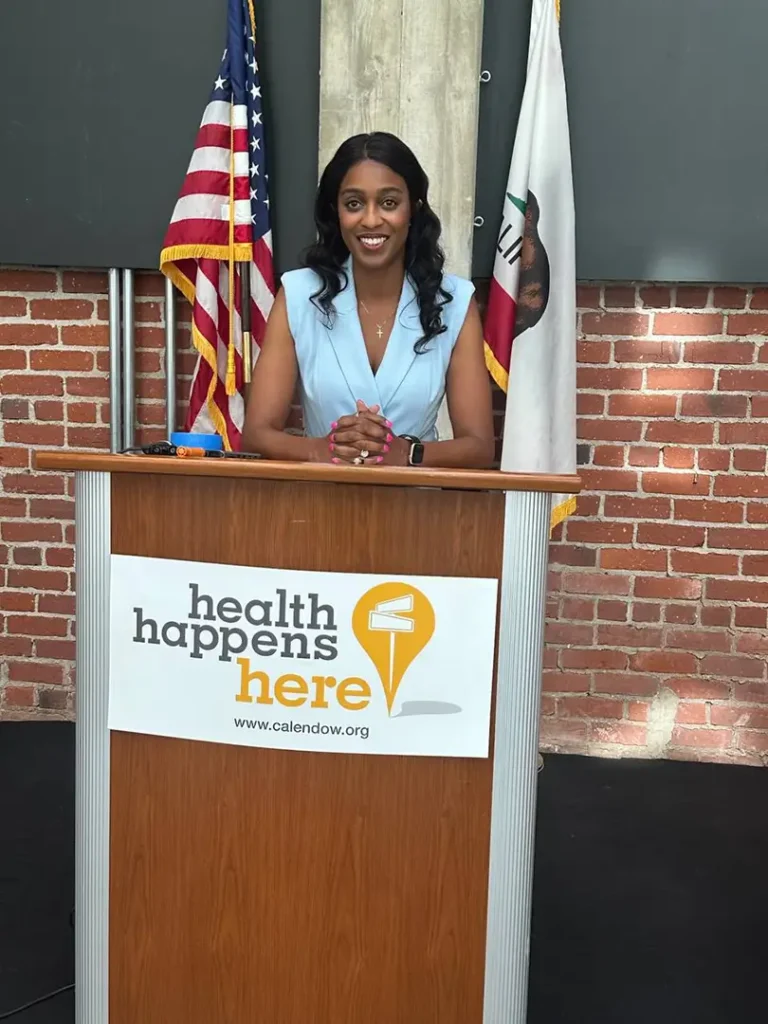
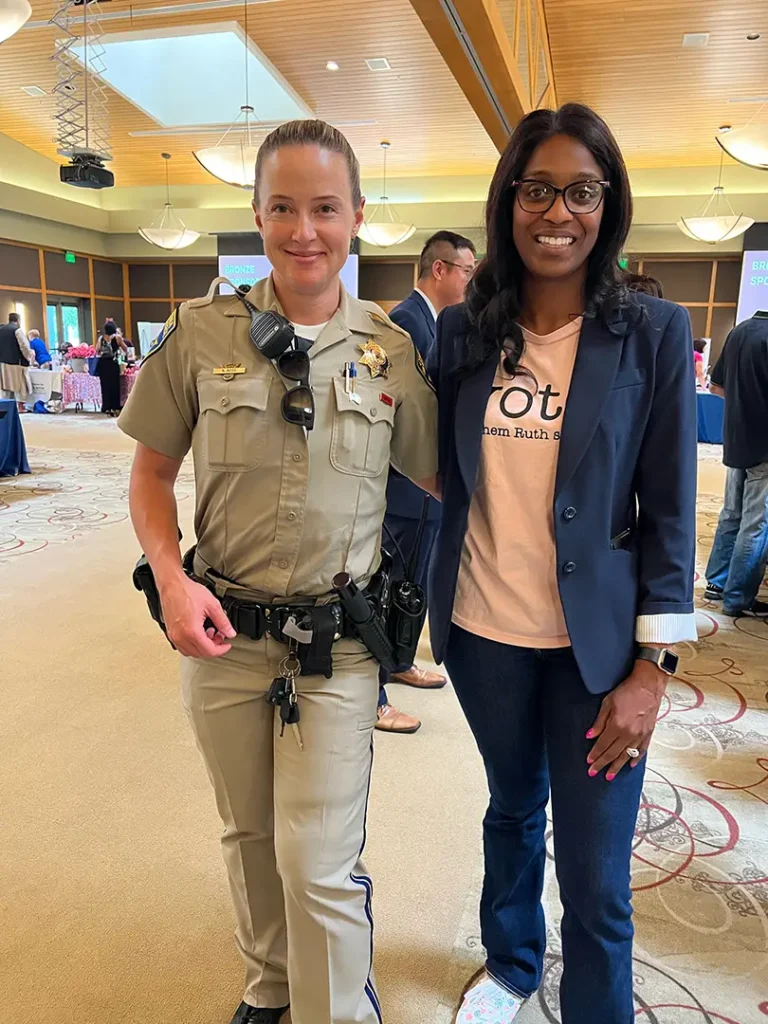
Many know you as a trailblazer in civic leadership. What values guide your decision-making and leadership style?
Authenticity and accountability are at the core of everything I do. People want leaders they can trust — leaders who say what they mean and mean what they say. I also believe deeply in inclusivity. Leadership is about creating a table big enough for all voices, especially those that are often overlooked. My leadership style is collaborative. I do not believe in top-down decisions. I believe in building together.
You’ve often spoken about the importance of mentorship and workforce development. How have these shaped your career and your community work?
Mentorship changed my life. I had people who believed in me, guided me, and pushed me to grow beyond what I thought possible. That is why I have made it a priority to mentor others, especially young women and leaders of color. Workforce development is a natural extension of that — when people have skills, opportunities, and pathways, they not only support themselves but also lift their communities. Strong individuals build strong neighborhoods.
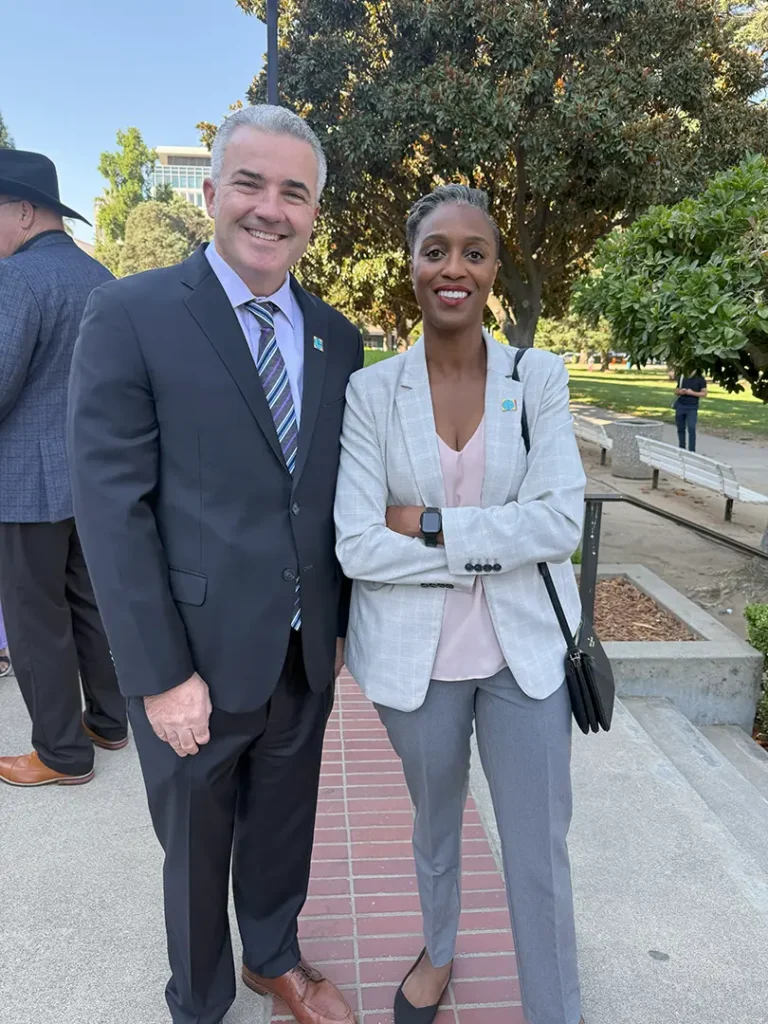
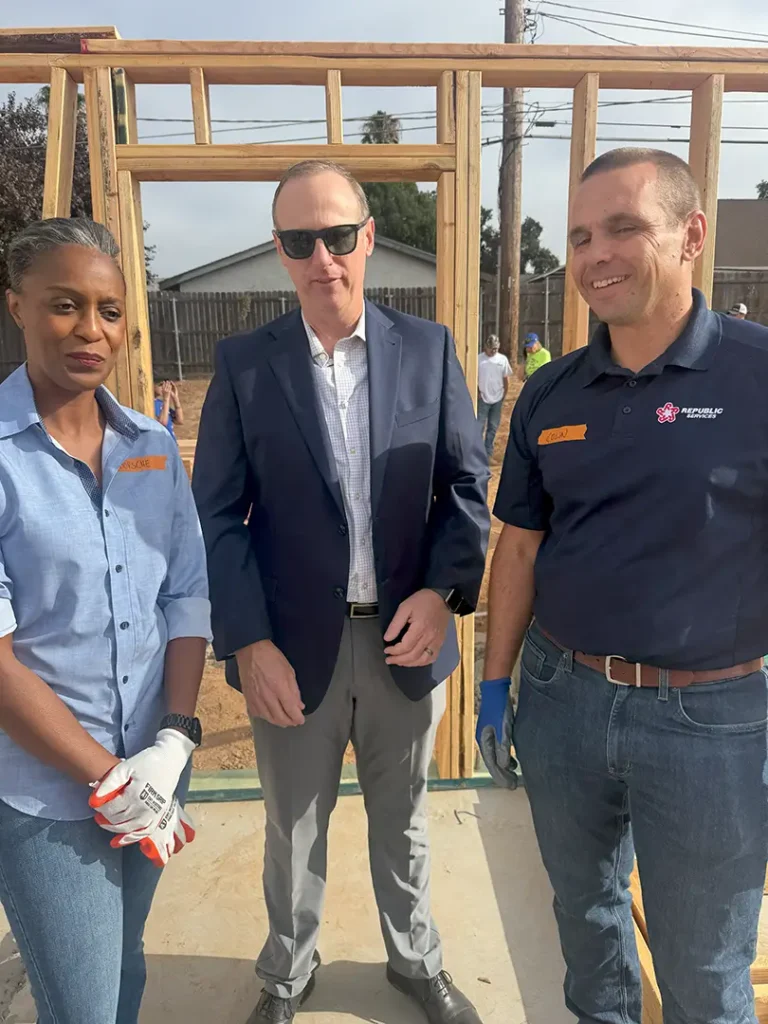
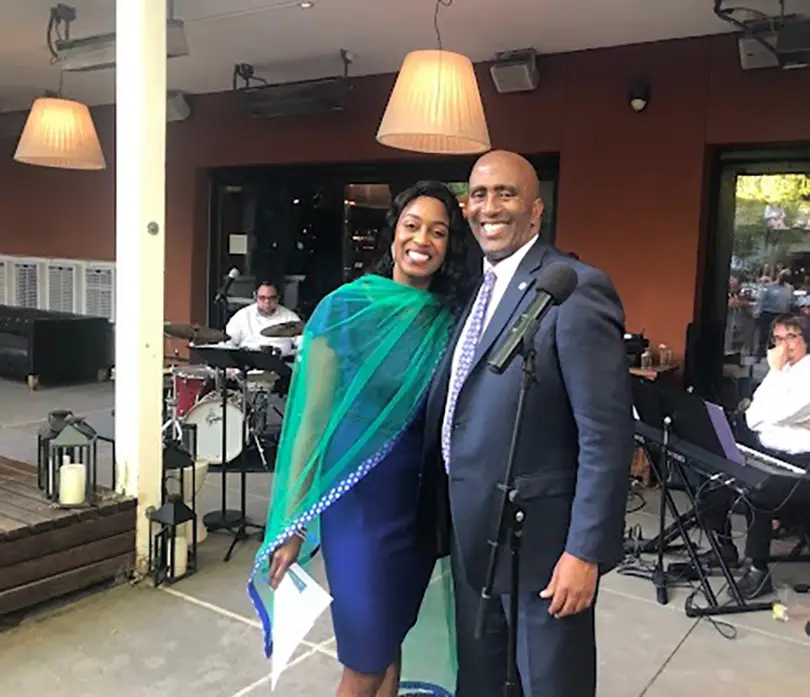
Porsche, in your experience, what is the biggest challenge communities face today, and how do you think leaders should address it?
One of the biggest challenges is trust. People feel disconnected from the institutions that are supposed to serve them. To address it, leaders must be transparent and accessible. That means showing up in person, not just in press releases. It means listening with empathy, even when you do not have immediate answers. When people feel seen and heard, trust starts to grow again.
You have been involved in initiatives that touch on both policy and personal lives — healthcare, education, workforce, and more. How do you balance the big picture with the individual stories you encounter?
I never separate the two. The big picture is made up of individual stories. When I hear from a single mother who cannot find affordable childcare, I do not just see her — I see hundreds of families in the same situation. Policy should be written with those stories in mind. Balancing both means keeping humanity at the center of leadership.
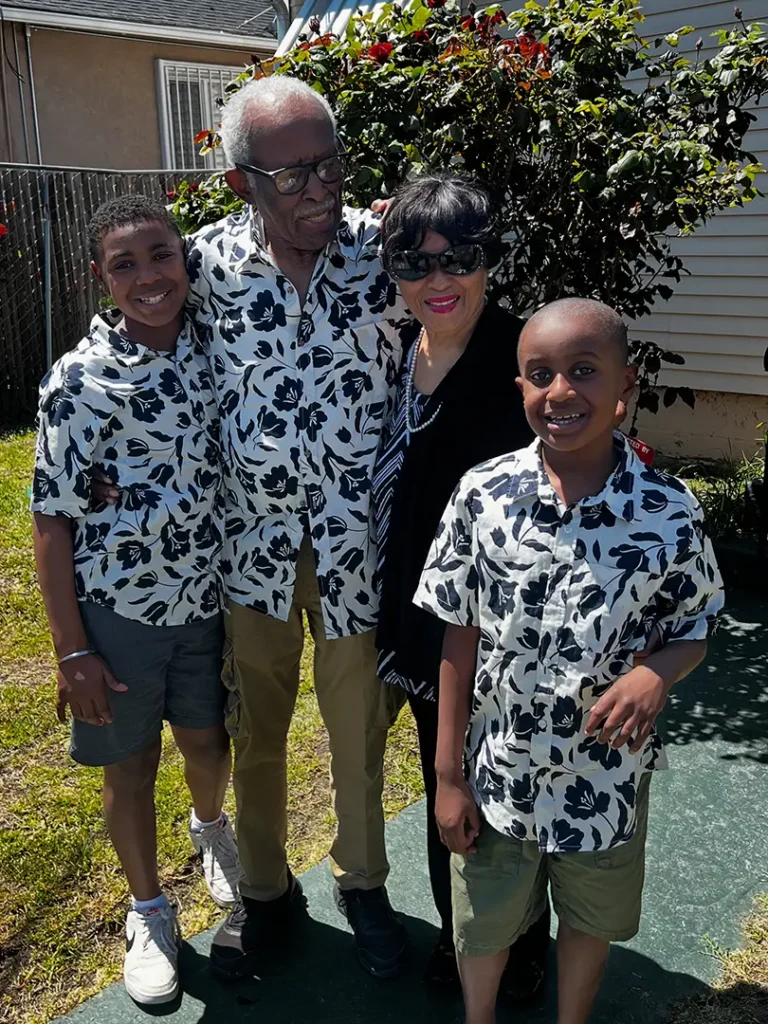
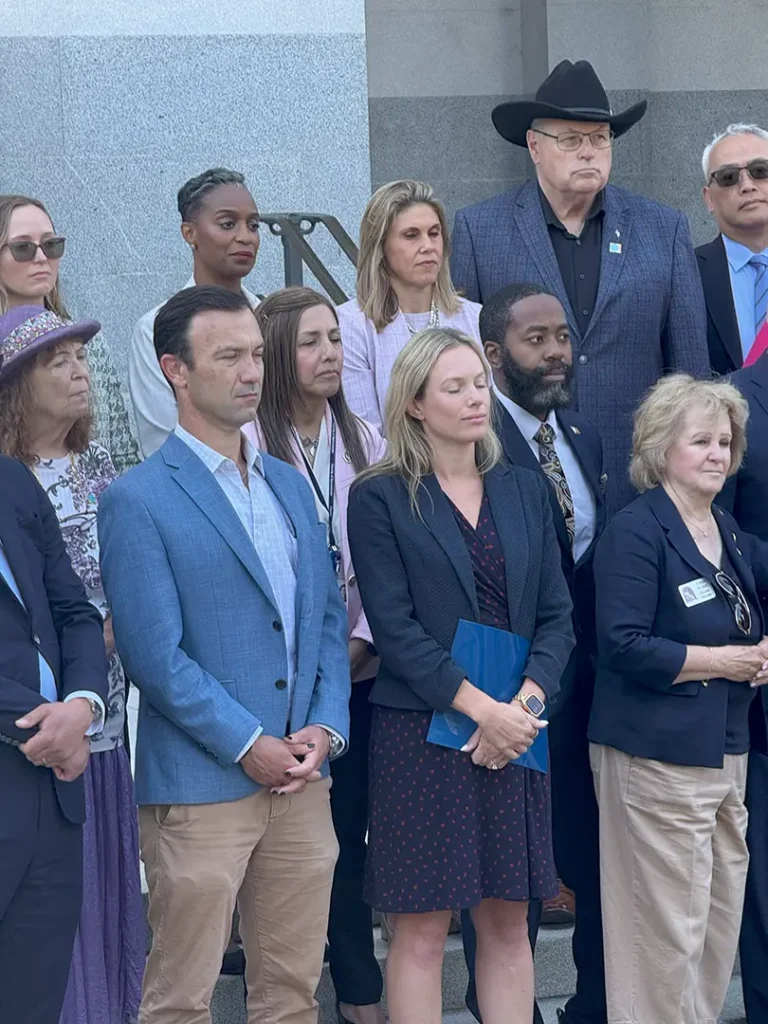
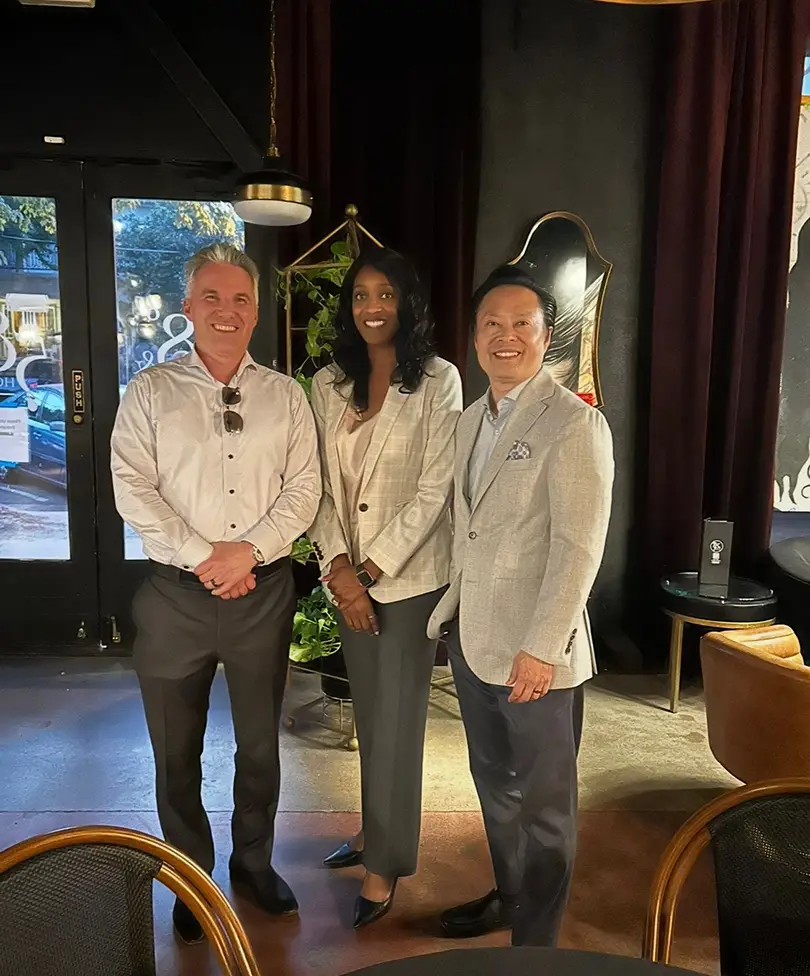
Looking ahead, what is your vision for the next chapter of your leadership journey?
My vision is about sustainability — creating systems that last beyond my term, beyond me as an individual. Whether that is through stronger community partnerships, innovative workforce initiatives, or elevating voices that are often unheard, I want to leave behind structures that continue to serve people long after I am gone. Leadership is not about being indispensable. It is about ensuring the work continues.
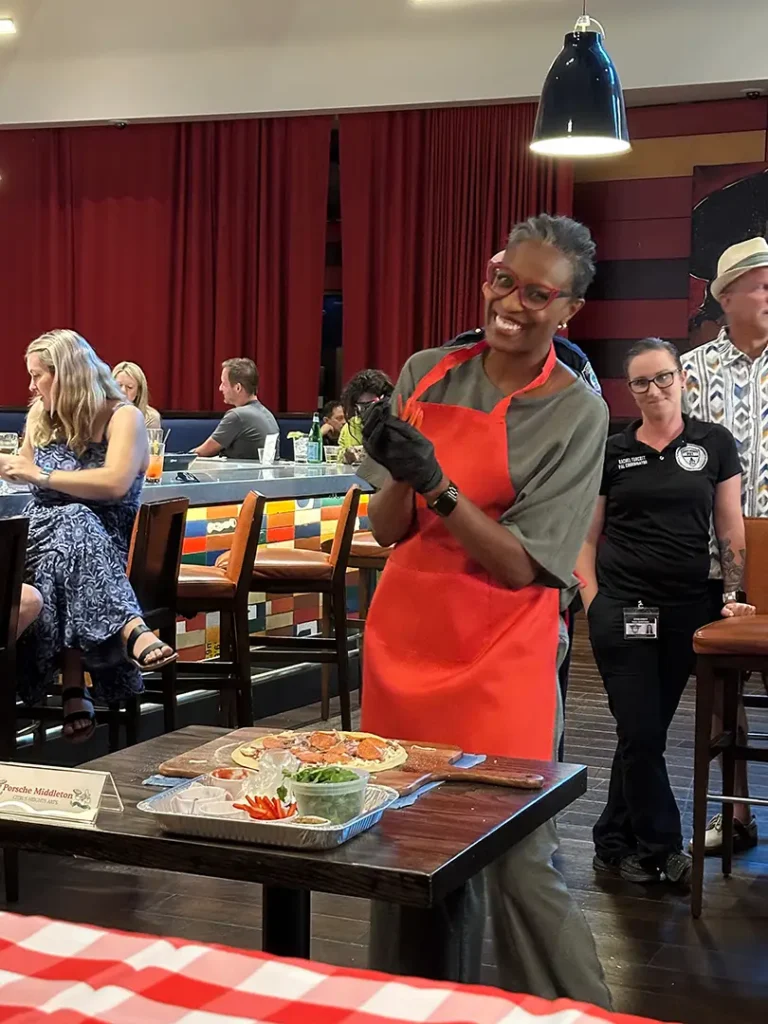
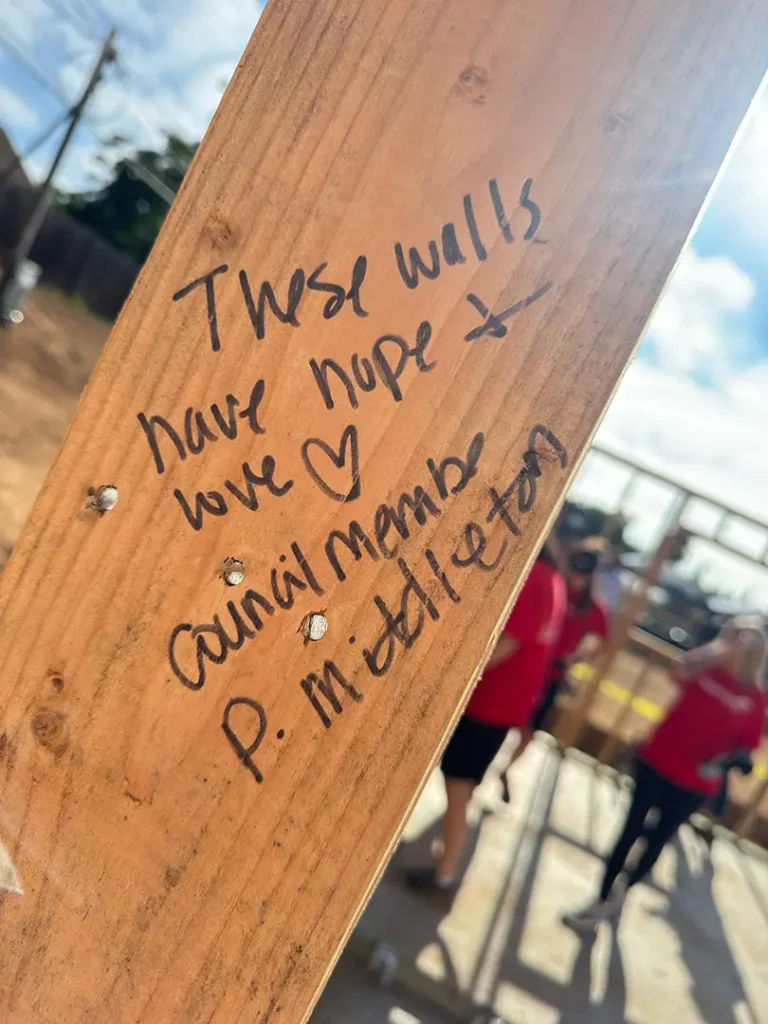

What advice would you give to young leaders — especially women — who want to step into leadership roles but may feel hesitant?
Do not wait for permission. Leadership does not begin with a title or an election. It begins the moment you raise your hand, speak up, and take responsibility for the change you want to see. Surround yourself with mentors, build your network, and never underestimate the power of showing up consistently. And remember — leadership is not about being perfect. It is about being present.
From the Editor
Interviewing Porsche Middleton was a reminder that leadership is at its best when it is rooted in compassion, accountability, and vision. She challenges us to think about leadership not as a seat at the table, but as the act of building the table itself — broad enough for every voice, every story, every dream.




